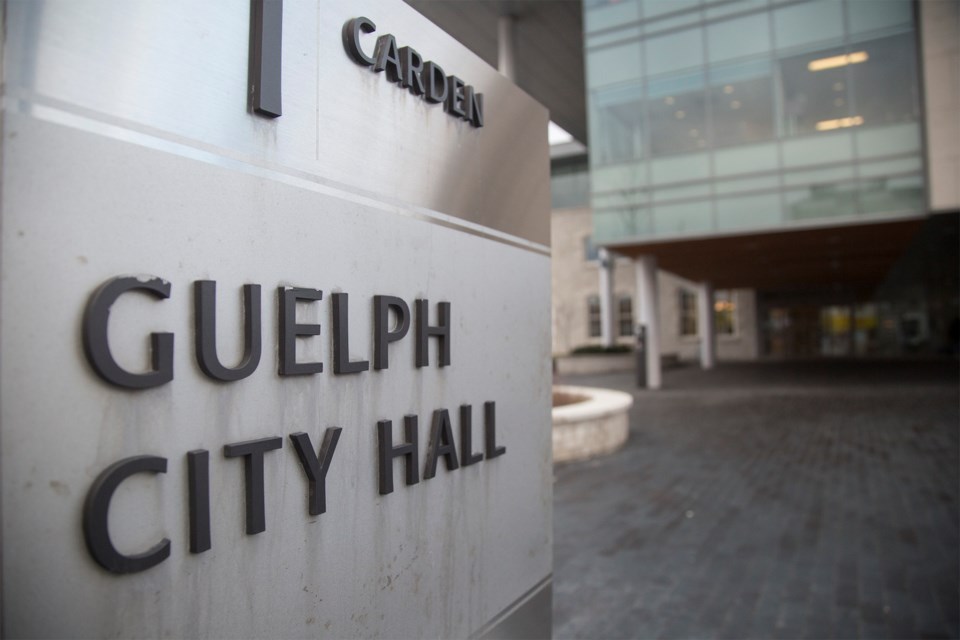Guelph City Council has lowered next year's tax increase to 3.15 per cent, but there's still some work to be done to keep it that low.
And the lower rate is a bit of smoke and mirrors, as council got there in part by delaying the implementation of a new infrastructure levy until next year.
That levy, to help address the city's $52 million infrastructure backlog needs, was supposed to be spread out over three years, starting in 2020. It will now be spread out over two years, starting in 2021.
Council had been sitting on a 3.88 per cent tax increase for 2020.
On Wednesday night council approved the 2020 capital budget of $151.6 million and the non-tax supported operating budget.
There will be an operating impact of $1.5 million once the approved capital projects are up and running.
On Nov. 18 council will be presented with the tax-supported operating budget, which includes some expansions that could potentially raise the tax increase higher than the 3.10 per cent it currently sits at.
Those additional operating expenses include the cost of putting five new busses, purchased in last year's budget, into use.
The list of capital projects in the budget approved Wednesday night includes:
- Renewal and replacement of aging road and bridge infrastructure including Phase 3 of York Road, Phase 1 of the Speedvale Transmission Trunk Sewer, Phase 2 of Stevenson Trunk Sewer, Applewood Crescent and Manitoba Street.
- Renewal and upgrade to the city’s water and wastewater services infrastructure including FM Woods Station, the wastewater bio solids facility, and early planning and design of the aqueduct.
- Planning, readying and design of the site approved for the future operations campus including the demolition of the aged, unsafe SUBBOR facility, plus the business case and design for the expanded transit facility on this campus to support the projected system growth over the next 25 years.
- Investment to modernize the city’s technology systems to support continuous improvement and process efficiency.
- New initiatives to achieve the city’s goal of addressing 100 per cent of its energy needs through renewable sources by 2050.
Council also received the 10-year capital forecast set at just over $1.7 billion that looks at capital projects out to 2029. Slated in the forecast are the new central library, Baker District parkade and South End Community Centre — each to go to council approval in 2020. Also in the forecast is the expansion and greening of Guelph Transit services and the replacement of the city’s aged fleet and park operations maintenance facilities that are at the end of useful life.
Council also approved new user fees and rates for water, wastewater and stormwater, estimated to increase on average by $23.98 based on a three-person household.
Council approved a permit fee increase for the Arthur and Norwich streets parking lots to $100 a month starting Jan. 1.
All other monthly permit fees will increase by 2 per cent, off-street parking fees will increase by 25 cents an hour and event-parking fees will increase by $0.50. Building permit fees will increase by 2.2 per cent effective Jan. 1.
The 2020 budget talks continue with the tax supported operating budget presentation to Council on November 18, the local boards and shared services budget presentation on November 20 and delegation night for these two budgets is scheduled for Nov. 27.
Council deliberation and approval of the final budget is scheduled for Dec. 3.
